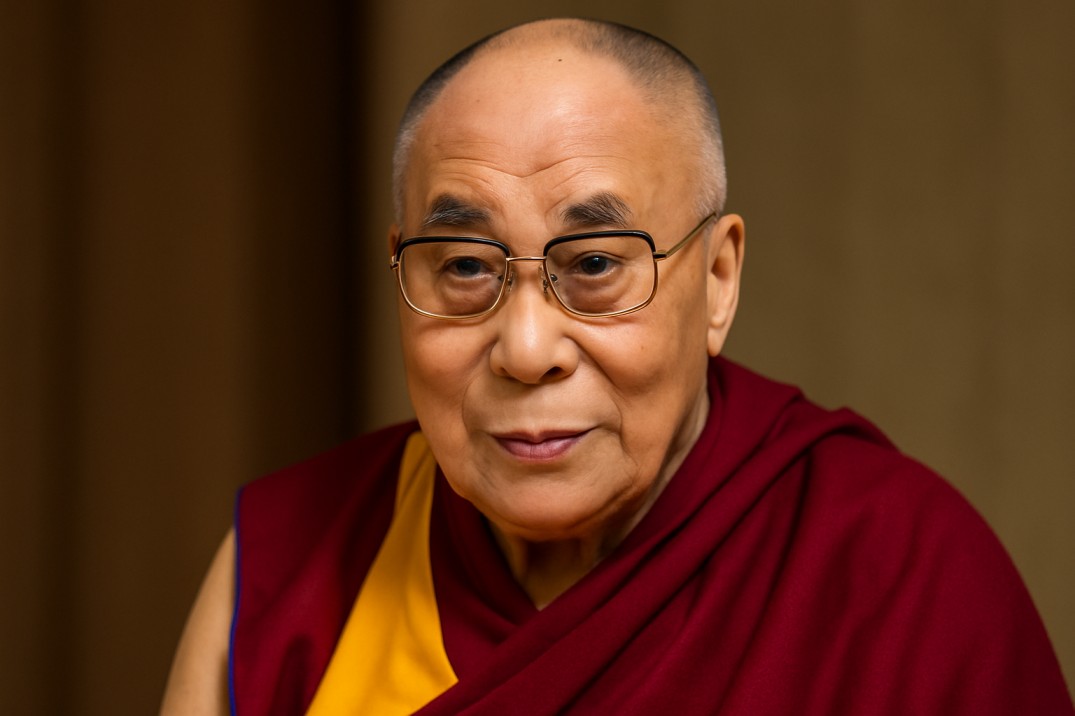Participants at an international meeting on Tibet called on governments to do more to advance the rights of Tibetans who face repression at the hands of the Chinese government.
More than 100 participants from 26 countries attended the 8th World Parliamentarians’ Convention on Tibet on June 22-23 in Washington, D.C., to discuss the resumption of the Sino-Tibet dialogue and other key objectives. The meeting was organized by the Tibetan Parliament-in-Exile based in Dharamsala, India, which sent 10 representatives to the meeting.
Attendees agreed to collaborate more fully on matters related to Tibet. They also declared that the International Network of Parliamentarians on Tibet would be revived and to work to establish groups of lawmakers focused on Tibetan issues in countries where they do not yet exist.
“Substantively what the parliamentarians are willing to do now is a step up from the past,” said Michael van Walt van Praag, the executive president of Kreddha, a nonprofit organization dedicated to resolving intrastate conflicts and promoting peace.
“[T]his is bringing home very clearly how important it is to defend the values of freedom, self-determination but also to uphold international law and to stop large countries from invading their small neighbors,” he said.
The Central Tibetan Administration, the formal name of the Tibetan government-in-exile, and the Dalai Lama have adopted an approach called the Middle Way, which accepts Tibet’s present status as a part of China but urges greater cultural and religious freedom, including strengthened language rights, for Tibetans living under Beijing’s rule.
“Despite having a thousand years of history of being an independent country, we are sincere and committed to the Middle Way policy to resolve the conflict between Tibet and China through a mutually beneficial way,” Khenpo Sonam Tenphel, speaker of the 17th Tibetan Parliament in Exile, said in introductory remarks.
The participants also called on parliaments to take coordinated actions to reach a resolution to the Sino-Tibetan conflict through talks and negotiations between the parties, without preconditions.
“Tibetans can find a resolution in discussions with China somewhere in the middle between Tibet’s independence and integration with the PRC (People’s Republic of China),” said van Walt.
‘Dangerous assault’ on human rights
The participants said China should allow Tibetan Buddhists to appoint the next Dalai Lama and other senior Lamas, which Chinese authorities have said would be a violation of religious freedom.
The question of who will replace the current 86-year-old Tibetan spiritual leader, the 14th Dalai Lama, has become more pressing. Senior Buddhist monks have traditionally identified successors based on spiritual signs and visions, but the Chinese government in 2011 declared that only Beijing can appoint his successor.
“Politically we are not seeking independence for Tibet,” said the Dalai Lama in a video message to the delegates. “I have made this clear over the years. What most concerns us is the importance of preserving and safeguarding our culture and language.”
In their declaration, the participants also asked governments to prohibit corporations from benefiting from forced labor and the exploitation of the natural environment of the Tibetan plateau.
U.S. Speaker of the House Nancy Pelosi, a California Democrat who spoke at the meeting, said that China has “waged a dangerous assault on human rights in Tibet” for decades.
“The Chinese government has clearly shown that it has no regard for Tibetan autonomy or identity or faith,” she said. “This aggression has not only accelerated in recent years, with new actions to impose mandatory political education, cruelly restrict religious freedom, expand its mass surveillance regime and further close off Tibet to global visitors.”
Pelosi also said that U.S. Rep. Jim McGovern, chairman of the Congressional-Executive Commission on China (CECC), would introduce bipartisan legislation to update the Tibet China Conflict Act, which would clearly state the history of Tibet and encourage a peaceful resolution to the ultimate status of Tibet.
During the CECC hearing on Tibet on June 23, McGovern said that the U.S. and the world community were not doing enough to help resolve the Tibet issue.
“Tibet’s true representatives are His Holiness the Dalai Lama and the Tibetan government-in-exile as recognized by the Tibetan people, so any solution and way forward has to be what Tibetans want and cannot be imposed by anyone who is not part of Tibetan community,” he said.
Written in English by Roseanne Gerin.



